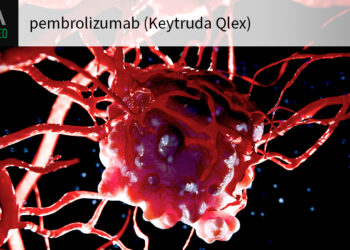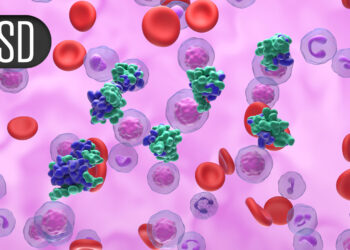TOPLINE:
Nearly 70% of patients with acute upper gastrointestinal (GI) bleeding and low-risk or no peptic ulcer disease received intravenous (IV) proton pump inhibitors (PPIs) inappropriately, leading to longer hospital stays.
METHODOLOGY:
- Current guidelines recommend transitioning from IV to oral PPIs after esophagogastroduodenoscopy (EGD) if no high-risk stigmata are found and stopping PPIs in patients with upper GI bleeding from causes other than peptic ulcer disease.
- Researchers conducted a retrospective cohort study of patients hospitalized for acute upper GI bleeding between January 2014 and December 2019.
- All patients were started on continuous or intermittent IV PPI and underwent EGD that showed a gastric or duodenal ulcer with low-risk signs or lesions unrelated to ulcer disease.
- Inappropriate use was defined as any continuous IV PPI infusion lasting more than 4 hours after EGD or any intermittent dose administered after the procedure.
TAKEAWAY:
- Researchers analyzed 253 patients (mean age, 62 years; 57% women; 35% White/Caucasian), of whom only 79 (31%) received appropriate PPI therapy, whereas 174 (69%) received it inappropriately (55 on continuous IV PPI infusion and 119 receiving excess intermittent doses).
- Patients with peptic ulcer disease with low-risk stigmata received an average of five excess IV PPI doses, and those on continuous infusions received an average of 41 additional hours of treatment.
- Among patients with lesions unrelated to peptic ulcer disease or with no lesions at all, those receiving twice daily IV PPI dosing averaged six extra doses, and those on continuous infusion received an average of 34 additional hours of therapy.
- At baseline, hemoglobin levels were slightly lower in the inappropriate therapy group than in the appropriate group (7.9 vs 8.7 g/dL).
- Patients receiving appropriate therapy had a shorter hospital stay than those receiving inappropriate therapy (4 vs 7 days; P = .001).
IN PRACTICE:
“We believe that educating practitioners on the appropriate use of PPI therapy in the context of the endoscopic lesion that was believed to have caused bleeding is a critically important next step,” the authors wrote.
SOURCE:
This study was led by Michael M. Sutton, MD, University of Oklahoma Health Sciences Center, Oklahoma City. It was published online in the Journal of Clinical Gastroenterology.
LIMITATIONS:
The retrospective design may have introduced biases, such as ascertainment bias, as verbal recommendations for discontinuing IV PPI therapy might not have been documented. The single-center setting limits the generalizability of the findings.
DISCLOSURES:
This study was supported in part by grants from the National Institutes of Health — the National Institute of Diabetes and Digestive and Kidney Disease, the National Institute of General Medical Sciences, and the National Center for Advancing Translational Sciences. The authors reported having no conflicts of interest.
This article was created using several editorial tools, including AI, as part of the process. Human editors reviewed this content before publication.
Source link : https://www.medscape.com/viewarticle/are-iv-proton-pump-inhibitors-overused-upper-gi-bleeding-2025a1000ib2?src=rss
Author :
Publish date : 2025-07-10 10:47:00
Copyright for syndicated content belongs to the linked Source.












